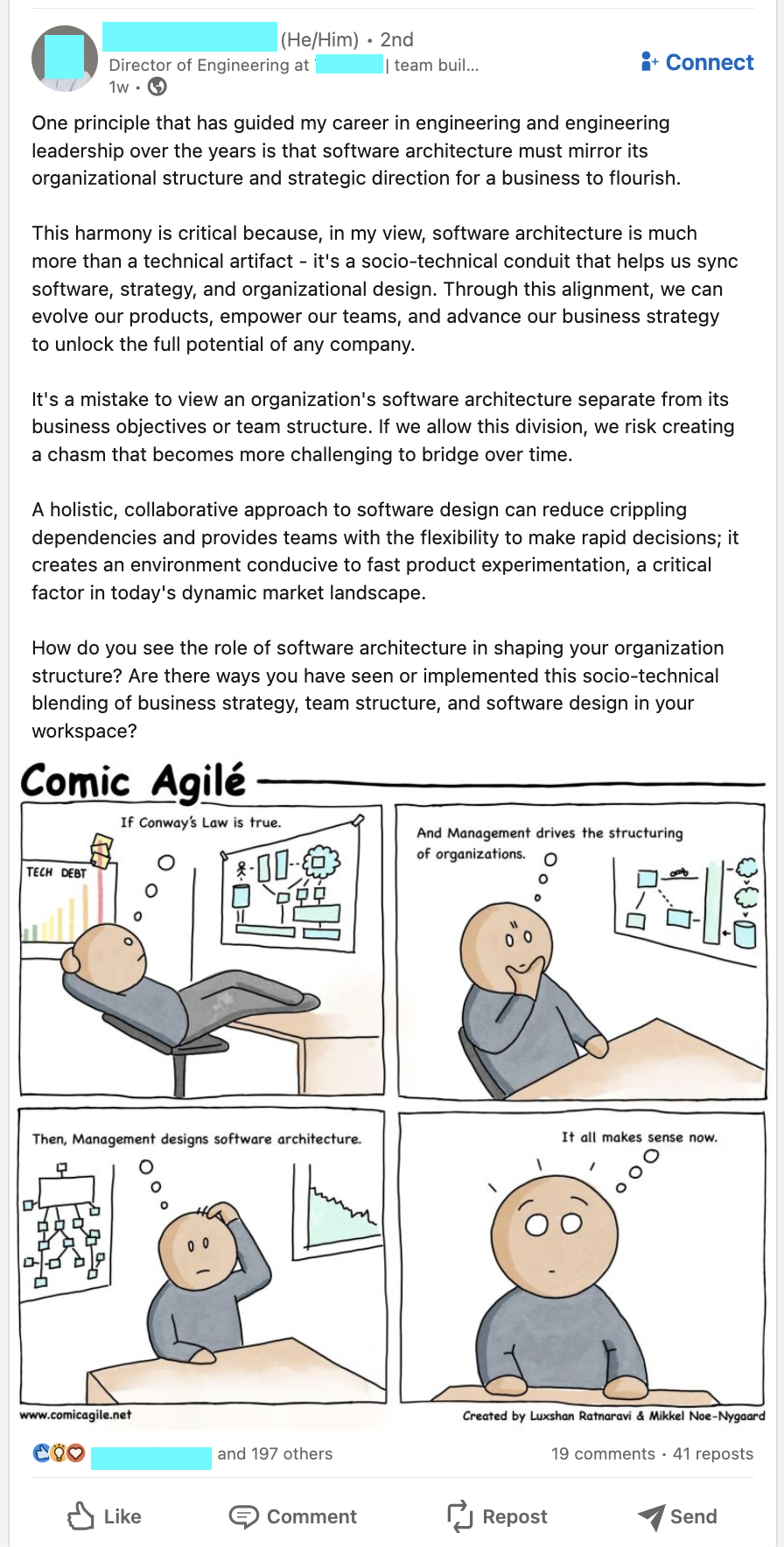Let us not forget the revolutionary idea to-- now pay attention cause this is BIG-- to prioritize player experience! Can't believe nobody has thought of that before.
thanks_shakey_snake
What in the ChatGPT is this article? It's like someone from LinkedinLunatics paid an aspiring content writer to write a vapid hype piece but insisted that it be about 6x too long.
Here are some highlights (although it was hard to figure out which sections were the cringiest):
This new studio represented more than just a business venture; it was the manifestation of Feng's dream to create games that prioritized player experience over profit.
The team's dedication to authenticity was unparalleled. They immersed themselves in Chinese mythology, reading the classical novel "Journey to the West" over 100 times. They visited countless cultural sites, drawing inspiration from ancient architecture, art, and landscapes.
The impact of Black Myth: Wukong extended far beyond sales figures. It became a cultural phenomenon, bridging the gap between Chinese mythology and global audiences. The game's success inspired a new wave of developers to create games based on their own cultural mythologies and histories
Feng Ji: The Humble Visionary Despite the overwhelming success and adulation, Feng Ji remained characteristically humble. When asked about the game's achievements, he responded with a touch of philosophy: "When you are at the peak of confidence, you are also staring at the valley of foolishness. This statement encapsulated Feng's approach to game development and success. Rather than resting on his laurels, he immediately turned his attention to the future, focusing on expansion packs and maintaining the game's quality
Jesus christ tone it down.
s/"a god"/"finished for the day"
"Why do you have all of these screenshots of this thong witch squeezing some NPC's head with her thighs?"
Oh uh it was for a joke post I made just as a joke. I can probably just delete them now, I just forgot.
Well I wasn't gonna post all 82 but I just wanted to make sure I got the best by which I mean funniest angles. For the joke, you see.
uBlock Origin user here so I gotta go with Disco Stu.
Some of them are built so that the back doesn't fall off at all.
Nice, good job!
Leaf broth
I could see the (USB-?)C adapter taking the worst of the wear-and-tear, and maybe being more resilient than plugging the 3.5mm directly into the device. Imagine the travesty if it turned out that USB-C adapters turned out to be the solution to fragile headphones all along!

Yeah, it's really strange. Talking about how it inspired a new generation of developers and stuff, like anyone had time to be inspired and start a game development career in the 3 weeks it's been out, lol.